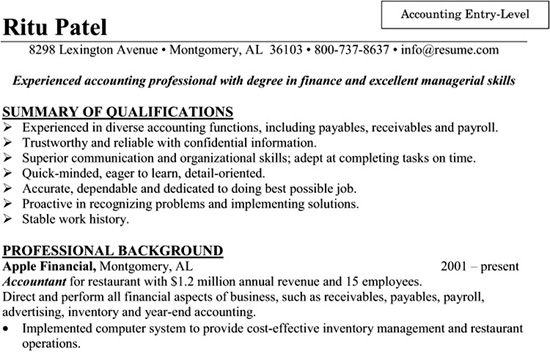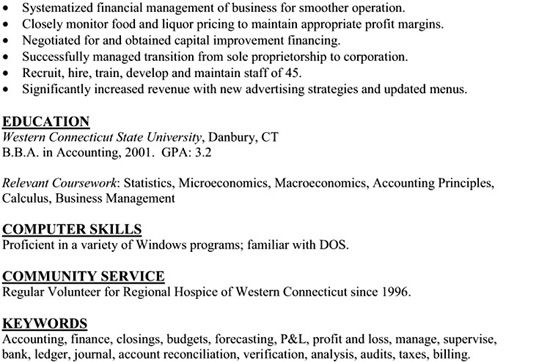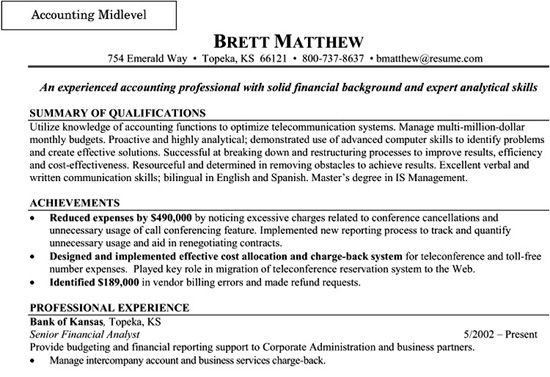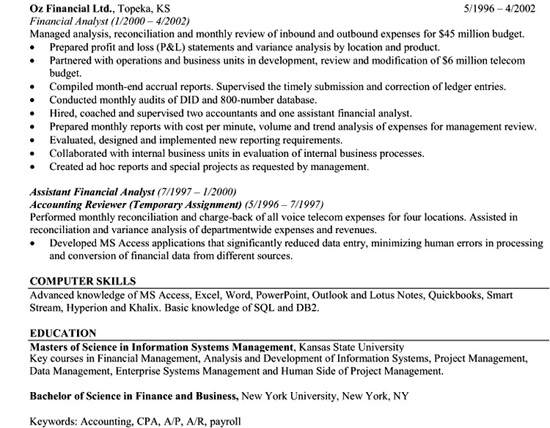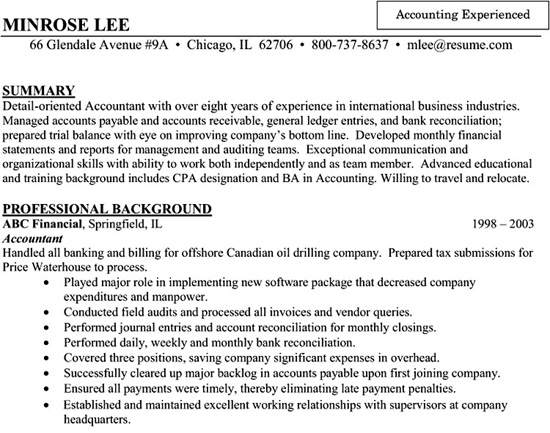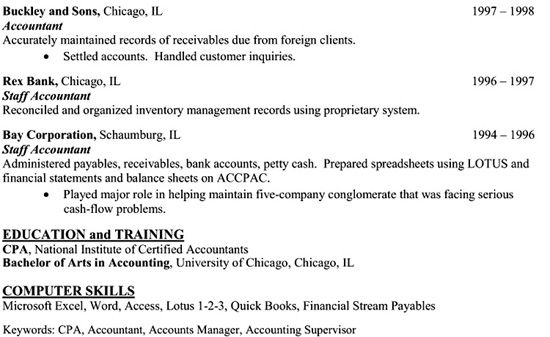The Resume.Com Guide to Writing Unbeatable Resumes (18 page)
Read The Resume.Com Guide to Writing Unbeatable Resumes Online
Authors: Warren Simons,Rose Curtis

Ten years ago the hiring process was radically different. Whereas job seekers mailed in or even physically handed over resumes to prospective employers, the advent of the Internet has made virtual communication the norm.
Job boards are listings of career openings posted by employers, recruiters, headhunters, and marketing and advertising agencies. Many job boards also provide the option of posting your resume online, where thousands of employers can view it and contact you with potential job openings that match your background. This resource has been used widely and is an invaluable tool for job seekers.
There are many different types of job boards online, and a great tip is to find out what types of job boards are available in your industry. Although the large job boards are extremely valuable resources that should be a first step for every job seeker, don’t stop there. Job boards that are listed on less known sites may have less competition because they cater to smaller audiences. Some organizations tend to target boards that are highly specialized, seeking employees who do not fit the “general” mold. Whenever possible, use job boards dedicated to your industry and geographic location. There are numerous job boards that cater to both select cities and industry-specific positions. Using any search engine, type in your city, industry, and job title and see what results you receive. Many times this small effort can yield great results.
Many companies use the websites of industry associations to post information on new events and job openings. These are excellent resources that can keep you abreast of trends in your particular industry, and most of those associations do not charge a fee. Use a search engine to locate the online addresses of professional associations and groups that are prominent in your field and area.
Major newspapers also have their own career channels with original content geared to helping you develop your career. Some recent hot topics include the most popular jobs and industries in today’s market, taking advantage of summer jobs and internships, and how to plan and take vacations without worrying about your work. These major newspapers also include articles from today’s paper as well as free original content and weekly newsletters that are sent directly to your e-mail address.
People are flocking to career-specific chat rooms and discussion forums for multiple reasons. Smart professionals know that online forums provide an excellent opportunity to network with industry representatives around the globe. As it has become increasingly important to build contacts and get word-of-mouth referrals, online chat rooms have facilitated the process of meeting peers without leaving the computer. Web forums are also great ways to find insider news, events, and job openings that are advertised only internally. Industry-specific job boards and associations, as well as career channels featured on popular Web browsers such as MSN, AOL, and Yahoo!, associations, newspapers, and chat boards, are some of the most valuable free resources available on the Internet. Whether you are hunting for a job or are interested in furthering your career, these services can provide an inside look at the changing face of today’s job market.
The job services industry historically has attracted people who care greatly about the needs of job seekers. However, as with any industry, the Internet has spawned numerous companies that take advantage of unsuspecting customers. The major job boards are well respected and have attracted a significant audience because of their strong business practices, but be cautious of a company guaranteeing employment for a price. Use the same smarts that you would use when dealing with a company offline. Research any company that you may do business with before committing to any for-fee service on the Internet. There are a lot of great organizations dedicated to helping job applicants, but use a measure of caution for safety.
Resume Presentation
Manufacturers invest millions of dollars each year to create attractive wrappers and packaging that entice consumers to buy their products. They present their products with various colors, sizes, and graphics that grab a consumer’s attention. The same laws of marketing and advertising apply to a resume. To ensure that your resume creates a strong impression, you should invest in high-quality paper that will demonstrate your commitment to your job search and leave a good impression with prospective employers.
Walk through any office supply store and you’ll be inundated with a plethora of bold colors and patterns of resume paper. However, you should always choose a conservative color for printing your resume. White, gray, and ivory shades are safe bets. Avoid bright colors such as orange or yellow and darker tones such as blue. The
weight
of your resume paper should be 20-pound stock or heavier, and make sure to buy only watermarked bond paper. These tips should be followed if you are going to a job fair where you will be meeting company representatives who will be handed hundreds of resumes. If you are mailing your resume, use the standard 8½- by 11-inch letter size.
If you are applying for a creative field that calls for samples of your work, be sure to include a portfolio or bring clips of your strongest work to give during an interview or drop off with a prospective employer. Additionally, we recommend keeping electronic e-mailable versions of your work in case a prospective hirer requests this information during the application process.
The golden rule in professional presentations is to create an aura of professionalism. Do not include “creative” graphics on your resume unless the position you are applying for requires them.
With the great variety of computer software and platforms to choose from these days, it is rare that your prospective employer will have the same program you used to create your resume. Bring along a few copies of your resume and a list of references to job interviews, along with any other items that may be applicable to the position (writing samples, portfolios, etc.). You should prepare for the interview by researching the prospective company, its products, and its customers. A little homework demonstrates your interest in the company and the position.
The hirer you are contacting probably is inundated with resumes. Projecting a friendly tone is a valuable suggestion that we recommend implementing in all communications you have with a hirer. All good salespeople know that half the sale is connecting with the person as an individual. The same rule holds true for the job seeker. If you contact a hirer and demand to know the status of your application, 99.9% of the time this will be the first step to being eliminated from consideration. An abrasive tone probably will foreshadow your ability to get along with coworkers, and if you alienate the person making the first decision about your application, you’re facing an uphill battle.
Do not, however, misinterpret this as a call to be passive. You must be aggressive in your job search, but your tone is the unwritten rule that many career services organizations do not discuss. Be friendly and optimistic. Hiring managers are generally very busy, and a kind tone will go a long way. Although your qualifications are the first and most important areas of consideration, all other things being equal, attitude
will
be factored into your evaluation.
Industry-Specific Examples
You’ve got the cream of the crop in the resumes that follow. The editors and writers at Resume.com have compiled their most effective samples, giving you a comprehensive overview of the kinds of resumes that impress hirers. We’ve provided samples for the most popular industries and each one is divided into three different levels:
■
The entry-level candidate (with less than three years of experience)
■
The midlevel candidate (three to six years of experience)
■
The experienced candidate (seven or more years of experience)
